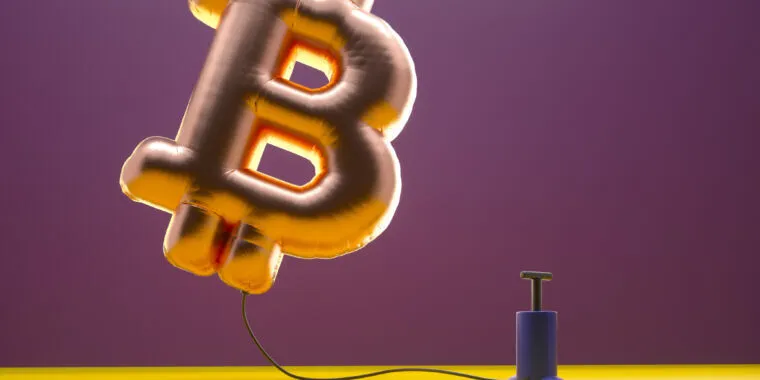Over 2 percent of the US’s electricity generation now goes to bitcoin
Over 2 percent of the US’s electricity generation now goes to bitcoin

arstechnica.com
Over 2 percent of the US’s electricity generation now goes to bitcoin

Over 2 percent of the US’s electricity generation now goes to bitcoin::US government tracking the energy implications of booming bitcoin mining in US.


